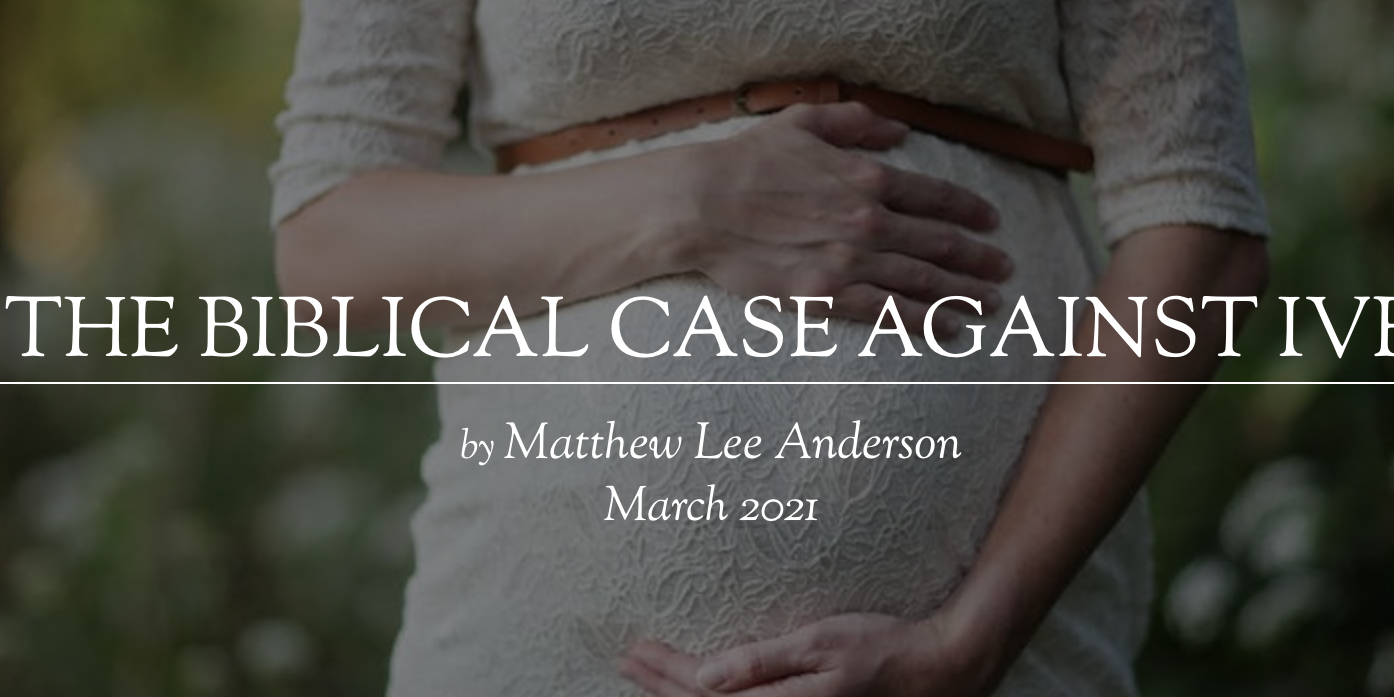The Biblical Case Against IVF

Vulnerable human beings in the earliest stages of life are especially at risk these days. Increasingly, on both sides of the Atlantic, we chemically induce abortions in the comfort of our own homes, so that the process of terminating an embryo’s life is socially invisible. The fertility-industrial complex has stored millions of “spare” embryos in freezers as people pursue in vitro fertilization to achieve their reproductive aims. Some of those embryos have been used for medical and scientific research; most will be stored indefinitely. These practices suggest a profound crisis in how we understand the significance of human life. Oliver O’Donovan observes that for many of us, embryos are only “ambiguously human”: Though they are members of our own species, they are treated as “doubtfully proper objects of compassion and love.”
Human beings deserve respect and love because they are made in and according to the image of God. But employing that concept to explain how we ought to treat one another is more precarious than it might seem.



